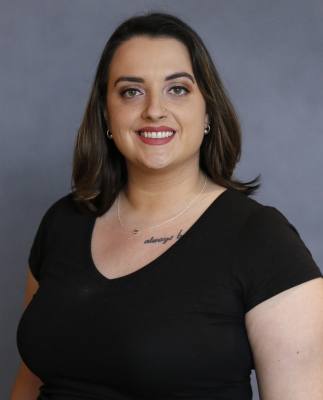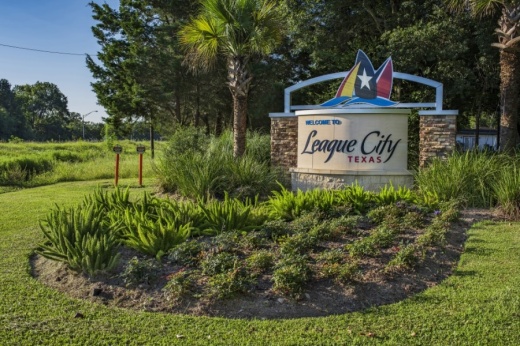More than $250,000 will be made available for League City residents and public service agencies in need of emergency economic assistance due to COVID-19 after City Council unanimously approved a Community Development Block Grant on May 26.
The federal Coronavirus Aid, Relief, and Economic Security Act authorized League City to waive some requirements for normal CDBG funding, eliminating the cap on how much can go to public services. Therefore, 90% of the block grant funds will be allocated to public service activities, according to city documents.
By law, CDBG funds must only be spent on activities that “benefit low- and moderate-income persons, address slum or blight, or meet a particular urgent community development need,” per city documents, and all citizens who receive assistance must reside in League City. The city will receive the funds through direct allocation, Executive Director of Development Services David Hoover said at the council meeting. The money can only be used for expenses directly related to the coronavirus, he said.
The federal CDBG Entitlement Program provides annual grants for various economic development activities, particularly directed toward revitalizing neighborhoods, community facilities and services, according to the United States Housing and Urban Development website. As an eligible community, League City directs the CDBG funds for various service projects designed to meet the needs of lower-income persons. Entitlement communities develop their own programs and funding priorities.
Hoover said May 26 that the city has only a few months to figure out how to use then spend the funds, as they must be spent by December. Staff proposed the funds be spent assisting economically disadvantaged residents of League City with rent and utility payments.
The city plans to utilize a waiver with the CDBG funds to allow for a five-day public comment period, city documents show. For the funds to be received, the city is required to approve an action plan amendment outlining how the money will be spent. City documents name CDBG subrecipient Interfaith Caring Ministries as a potential grantee, as the nonprofit anticipates a drastic increase in requests for funding due to the pandemic.
The regular meeting was held in person, at 25% capacity, with livestreaming options available. Staff and council also discussed the recent activities of the emergency turnaround task force, which met virtually several hours ahead of the council meeting.
Task force chair Dave Johnson said the group’s three-pronged focus on businesses, citizens and community is the guiding force for its activities. Johnson has spoken to owners of restaurants who have already taken the task force’s Workforce Protection Pledge, and they report slow business, he said, adding roughly two-thirds of the eateries have not yet resumed dine-in services.
“We’re about building that confidence,” Johnson said.
Council Member Hank Dugie said at the meeting the task force has been “going above and beyond” to try to instill this confidence. At least 60 organizations have taken the protection pledge so far, and the community has been largely very supportive of the initiative, Dugie said.
“Personal responsibility is still the mantra for people,” Mayor Pat Hallisey added in regards to individual owners’ decisions about reopening their businesses. “If you don’t take care of yourself, no one else will take care of you.”





